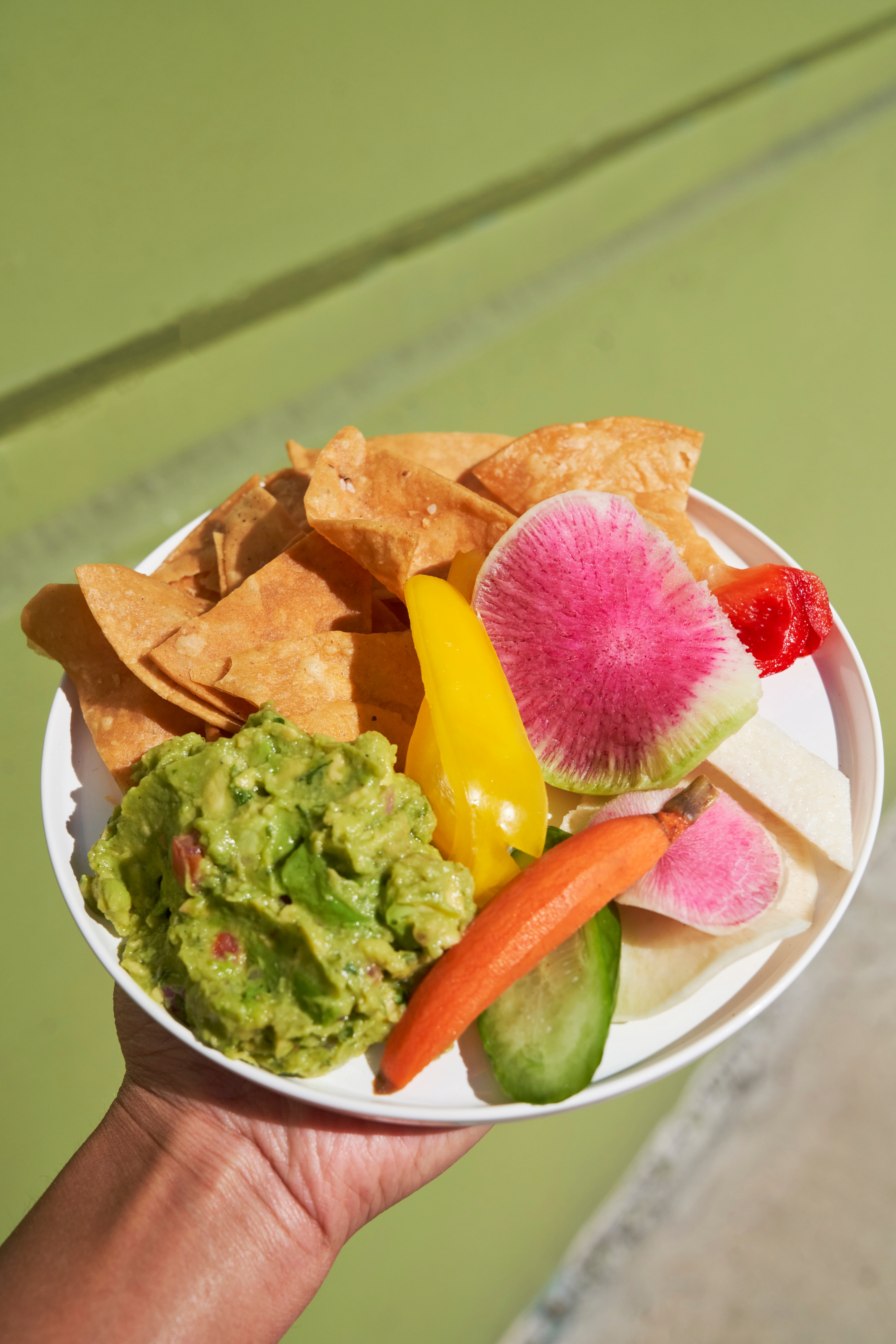It is June 15th 2024, and the weather is unseasonably cold and rainy outside, as the MA Creative Writing and Education students share some of their wonderful teaching ideas for fostering creativity during our ‘Creative Writing Retreat’ away day.
As the day moved on, I noticed that there are some key pedagogical approaches which really do nurture creativity.
Use fantasy and role play
One student, M., propelled us into a rocket ship and took us to Mars, helping us imagine that we were encountering aliens on the red planet. Her pedagogical approach involved using lights, poetry and questioning to support our imaginations in taking us away to this faraway planet. She had devised this set of lessons so that she could teach her primary school pupils more about writing creatively.
One of the exercises was to freewrite about leaving the earth behind. This is what I wrote:
It feels like being lifted above everything, it gives me a sense of perspective, I leave my ego behind, Francis Jonathan Gilbert is gone, and I am awareness, part of everything, transcending time and space, I am part of the little blue dot, the oceans, the trees, the plants, the bees, the buildings, the ice caps, the tropics, the jungles, everything has become poignant, fragile, but also everlasting, my being spreads to become the whole of the universe, I am the moon, the stars, the galaxies, the beginning of time, the Gods and God, I am everything, I am nature, I am Solaris, shifting mirages of images of my life, and everything one else’s, I am the universe’s dreams.
Foster metacognition through creative visualisation
One student required us to personify the things that block our creative impulses. Participants in her workshop were asked to draw these personifications. Here are two to look at:


This activity is very metacognitive because it requires you to think about your thinking processes (metacognition is thinking about thinking). But unlike many metacognitive activities, such as target and goal setting, it is very creative, requiring people to turn their thought processes into analogies. The underlying educational theory here is that this kind of creative metacognitive activity can enable people to understand better what their blocks to writing are, become aware of them, and then use this information as a first step to solving the problem of becoming blocked.
Understand how one’s identities shape and mould you as a writer and learner
One student, Denise, asked us all to think very carefully about our different writing identities: how we have changed over time, the different personas we present to different audiences. She focused upon how her rebellion against a teacher at school fostered a new voice in her. Here is a video which explains this incident:
Use different art forms
Another workshop used drawings and writing to help participants access their memories and unleash new forms of creativity. We began the workshop by painting lines on pieces of paper:

Then we wrote above, below and around these painted lines, using memories we had. Here is my effort, drawing upon memories of being in Parkland Walk.

This process then led us to read our work in different ways, vertically, from right to left, backwards, upside down etc, and then create our own story/poem/art work from this reading.

For me, this process was liberatory, because it freed me to think about a particular space I love in a different way: the wildlife sanctuary of Parkland Walk .The concept of ‘ancient hospitality’ became important to me, this idea was new to me. For me, it involves the trees and plants of Parkland Walk, which I have many happy memories of walking and running and cycling along. Some of the trees are old, and even the plants, although new each year, have a long lineages, dating back possibly a hundred years or more. The phrase made me think of the caring, compassionate nature of the ecology of Parkland Walk.
I wrote this concept ‘ancient hospitality’ on the board that the student asked us to make ‘etchings’ into. This board represented all our collective imaginings:

Write in different forms and for different audiences
Another workshop involved participants writing letters to different audiences. Her pedagogical ideas were very creative. In the scheme she has devised, this has involved writing letters to:
an animal,
oneself in the past,
a deceased person,
a complaint letter,
from a particular place,
responses to these letters
Another workshop involved students learning about bullying, and then writing a group play about a situation which involved bullying. The form of the play worked well in this session, particularly when participants started to improvise around the theme of bullying, using the scenario they had been given as a guideline. This then led to a fascinating discussion about the nature of bullying, and the issues with improvising a play of this sort. Participants agreed that it was easy to improvise being bullies and using bullying language, but difficult to speak as an ‘active bystander’.
Both these workshops show how writing and improvising for different audiences can be very inspiring and motivating, because you feel you are talking about real issues and speaking to real audiences.
A participant in the workshop, Arlene said of the day: ‘First, I feel inspired in class. The workshop makes me feel more confident. And also, it helps me to know better about myself, especially my disadvantage in language learning. All in all, I enjoyed it very much.’


Leave a Reply